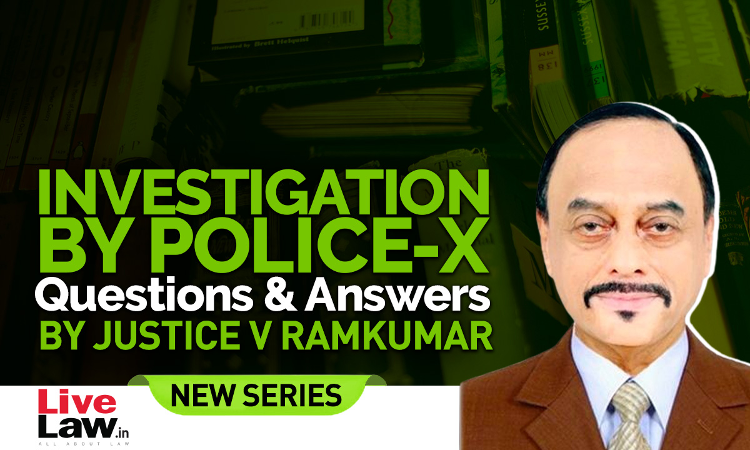Questions & Answers By Justice V. Ramkumar- Investigation By Police-PART X
Justice V. Ramkumar
1 Dec 2022 11:04 AM IST

Next Story
1 Dec 2022 11:04 AM IST
Q.46 Is a person interrogated by the Investigating Police Officer, bound to answer his questions truly ? Ans. Yes. That is the requirement of Section 161 (2) Cr.P.C. Q.47 Is the answer to the question put to the person by the Investigating Police Officer has a tendency to expose the person to a criminal charge, can such person refuse to answer the question ? Ans. ...
